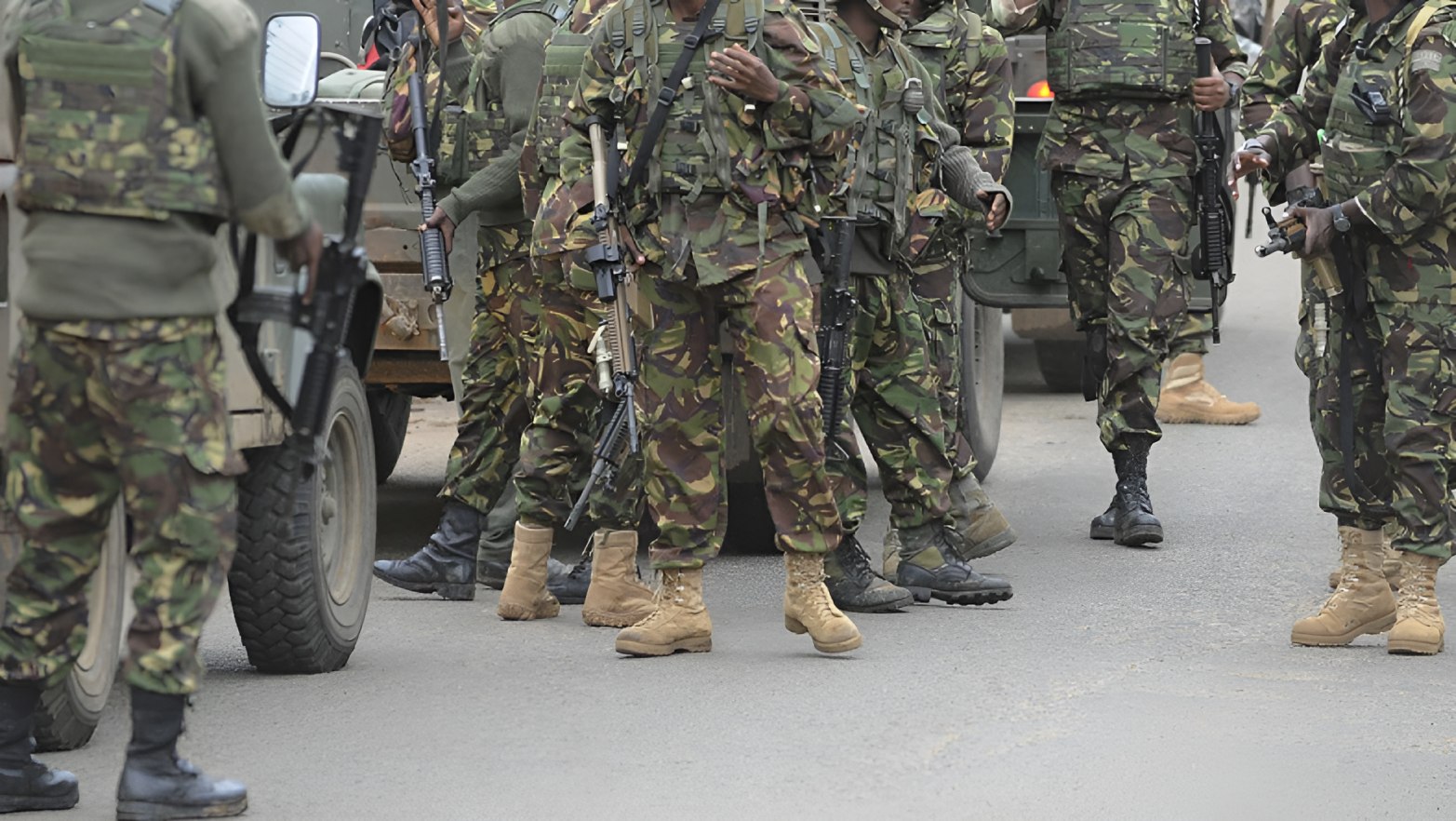Starting Tuesday, July 1, Kenya Defense Forces (KDF) personnel will begin footing the bill for their own meals, as the military formally adopts a Pay-As-You-Eat (PAYE) system, marking the end of the state-funded lunch program.
The shift, which has drawn unease particularly among lower-ranking officers who rely on subsidized meals, will see service members paying out of pocket for lunch traditionally covered by the national treasury.
According to a directive issued by the Kenya Army Headquarters and signed by Chief of Logistics Brigadier Eric Nzioki Kitusya, units are expected to implement the new model using allocations from Ration Scale Four for an initial 14-day period, which will serve as seed funding for the program.
“Implementation of the Pay-As-You-Eat system begins on July 1, 2025. You are authorized to requisition Ration Scale Four for two weeks from this date, with submissions due no later than June 25,” the letter reads.
The document outlines that the proceeds from these initial rations will fund a self-sustaining revolving kitty, to be managed by designated PAYE committees responsible for overseeing operations of dining facilities within military camps.
Units are expected to rely on existing kitchens and food service infrastructure, with future support and enhancements to be considered progressively during the 2025/2026 fiscal year.
In a statement explaining the rationale behind the policy shift, the Ministry of Defense cited budgetary efficiency, enhanced flexibility in meal choices, and alignment with evolving global military standards.
“The change is part of a broader effort to optimize the use of public resources, ensure cost-effectiveness, and offer soldiers the freedom to choose meals that align with their personal needs and schedules,” the ministry said.
Officials also criticized the previous system as inefficient, noting issues such as duplication of rations when personnel were posted to multiple bases and significant time lost to long queues, which in turn affected productivity.
The ration cash allowance, introduced in 2000 when KDF scrapped breakfast and dinner provisions, has seen periodic reviews over the years in an effort to protect service members from inflationary pressures.
While the government maintains that the new model will promote sustainability and accountability, critics warn that the policy could weigh heavily on the lowest-paid members of the force, many of whom already face financial constraints.

